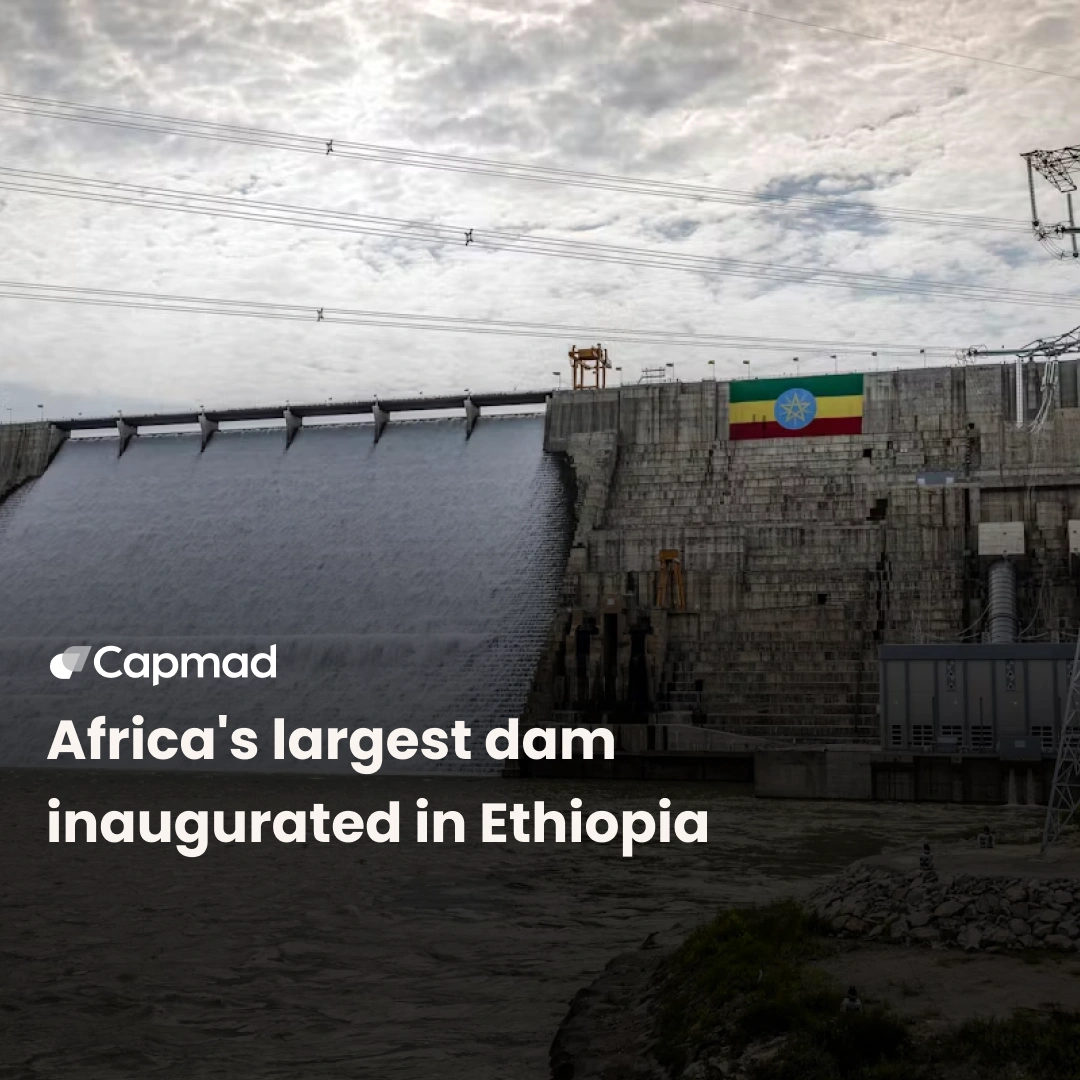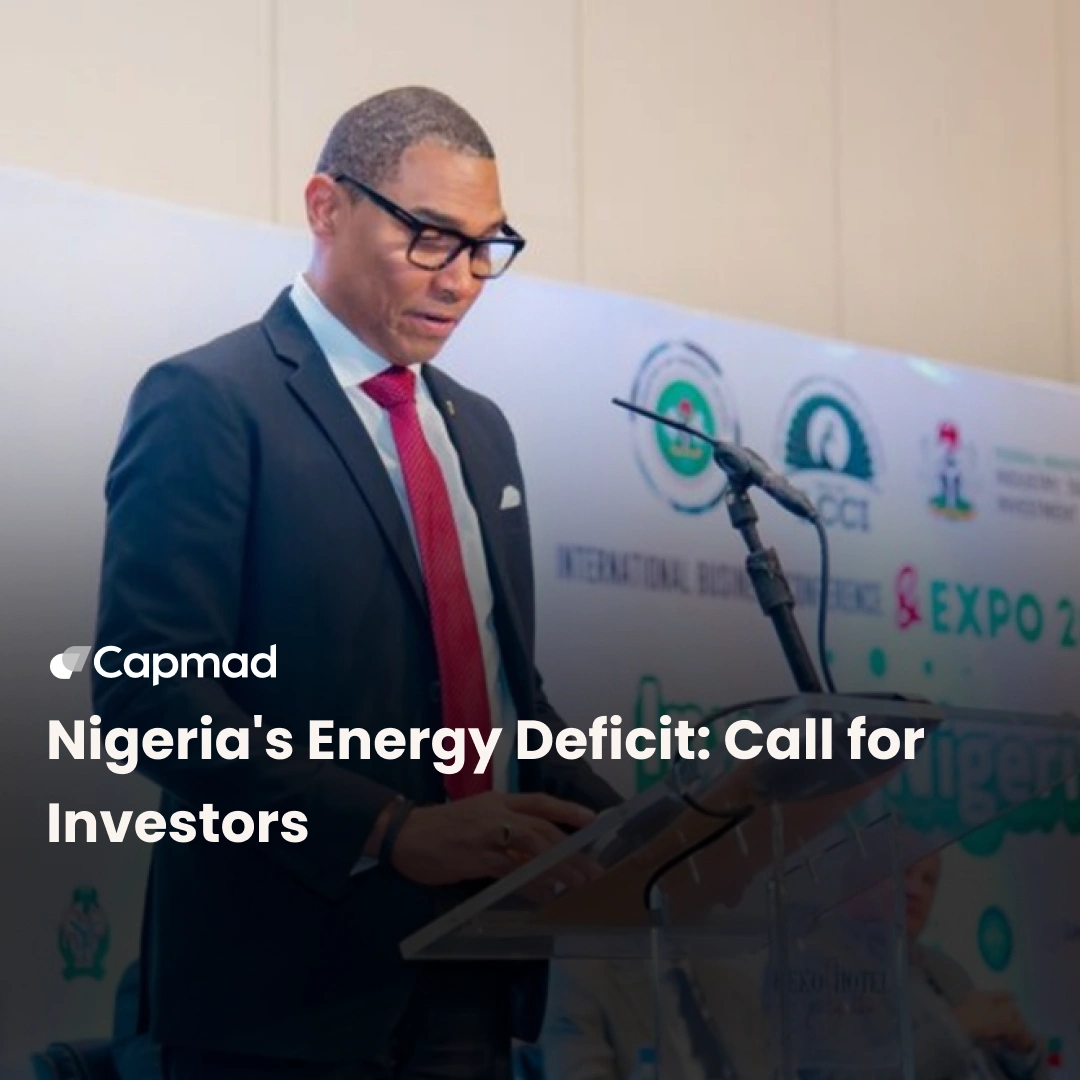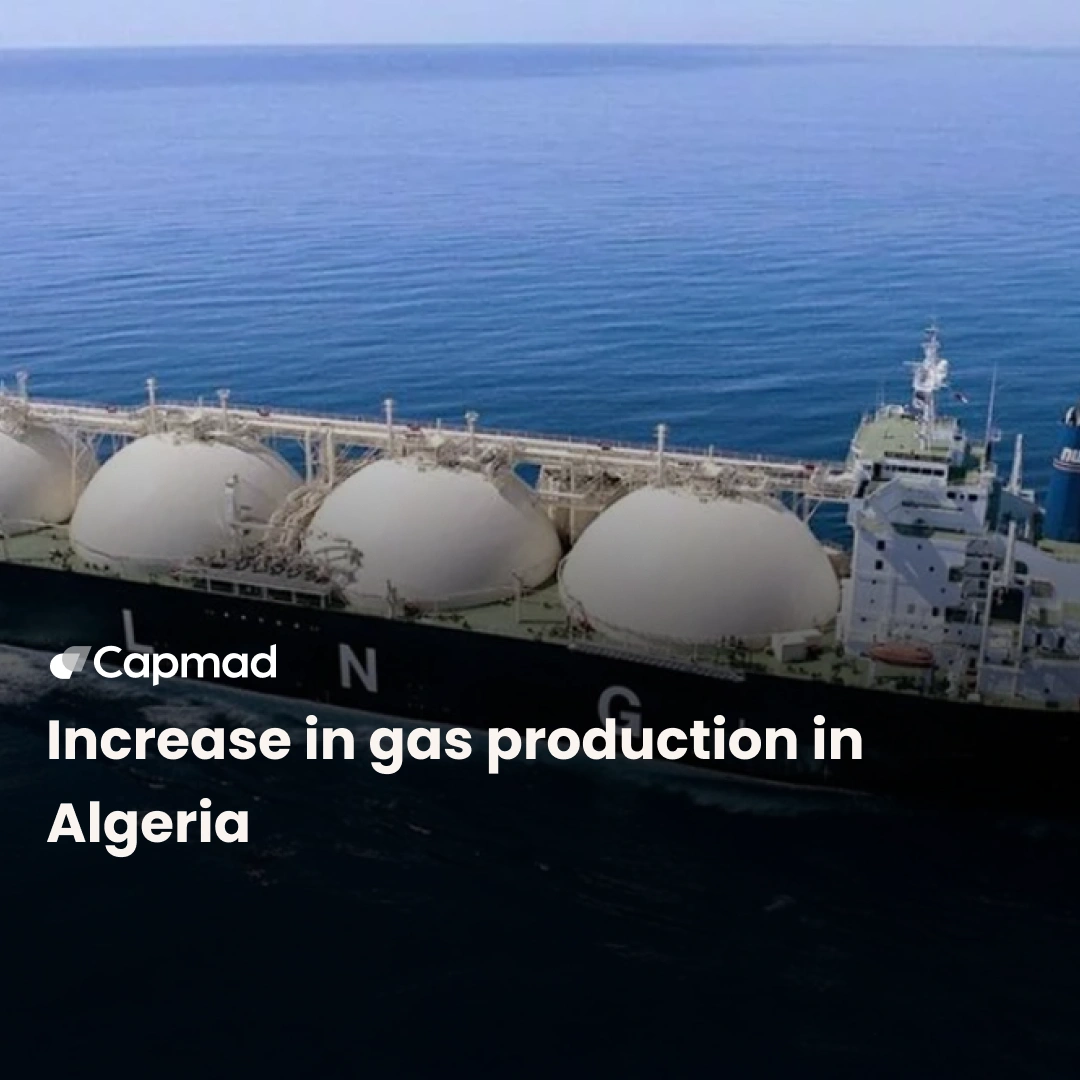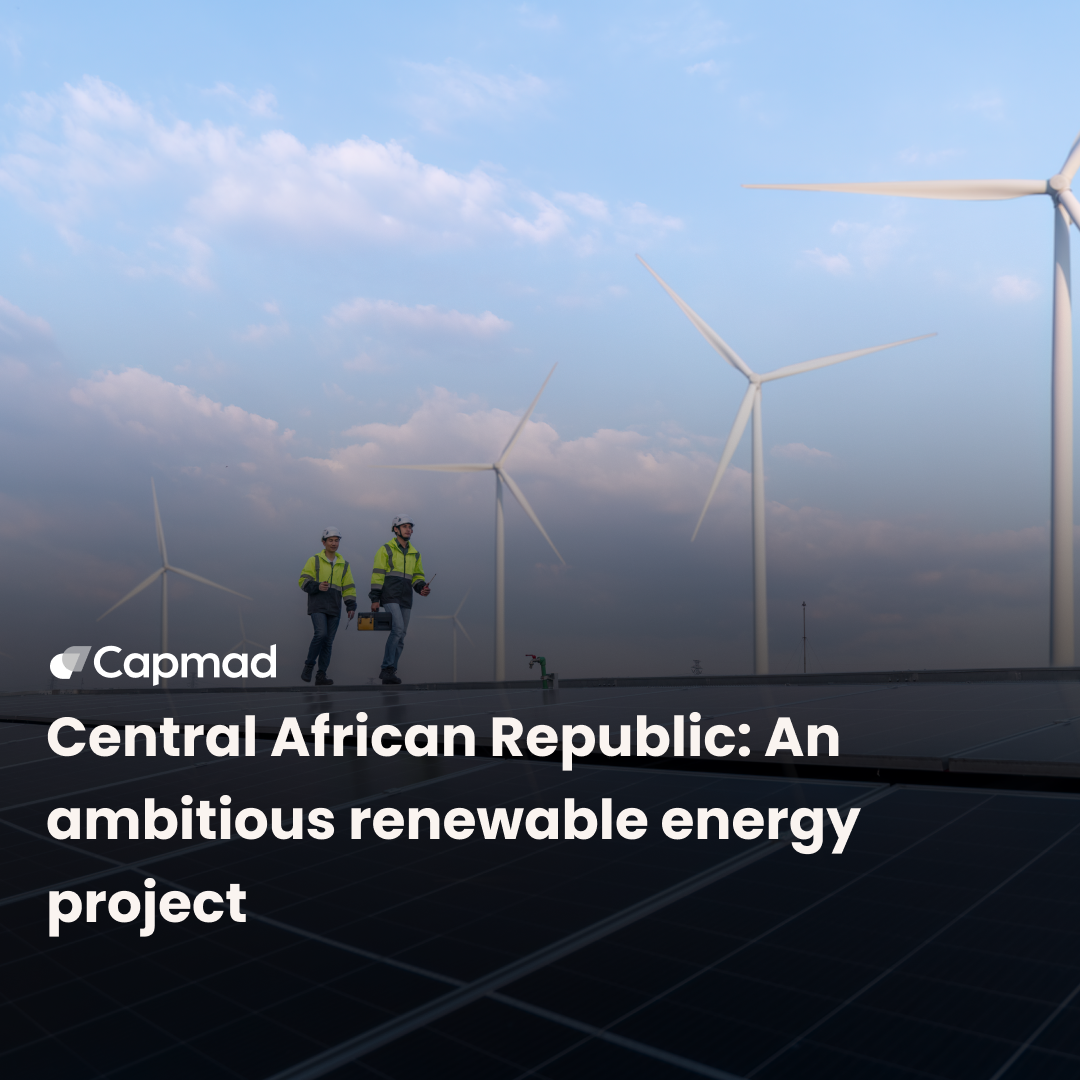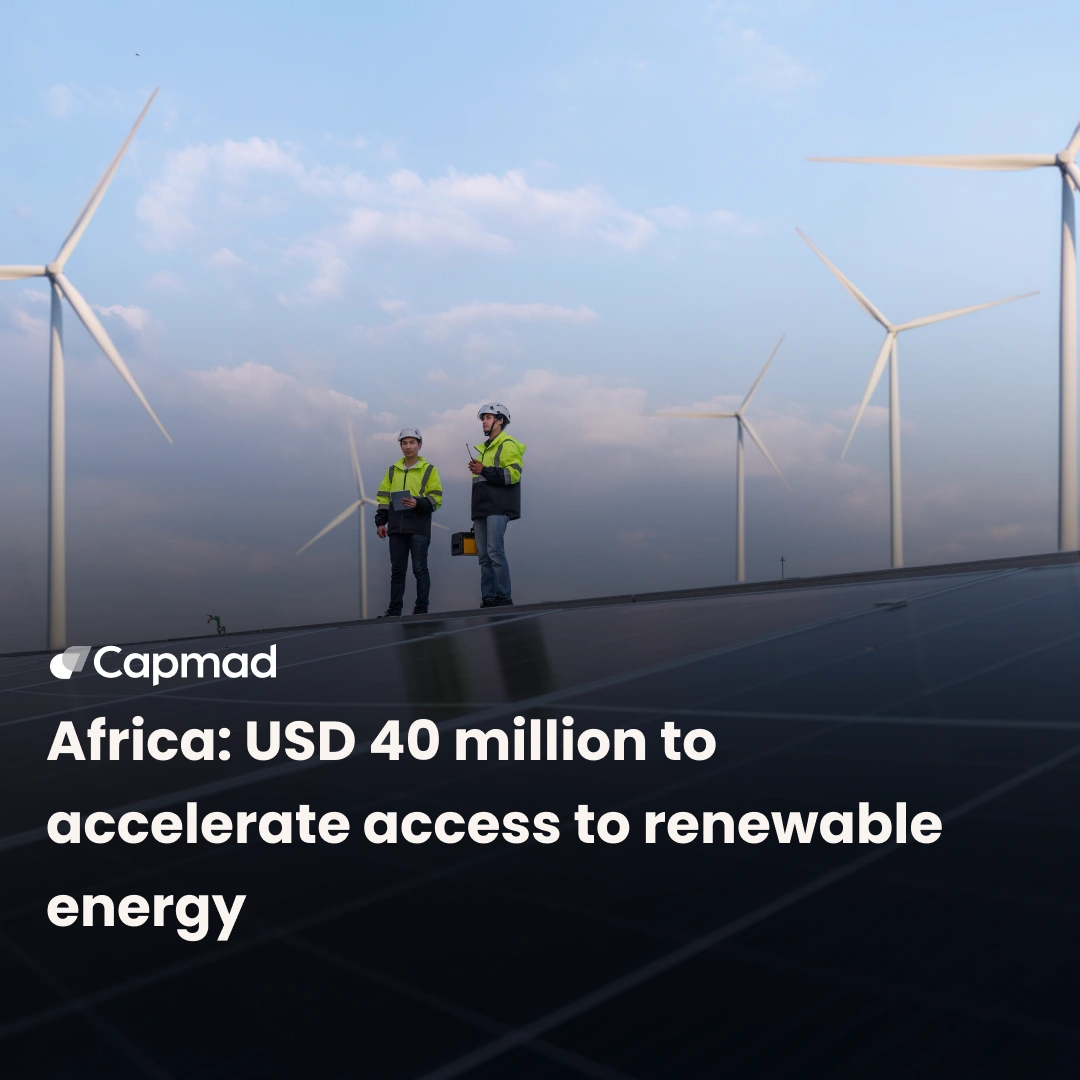Karpowership invests 1 billion USD in infrastructure development to convert liquefied natural gas (LNG) into electricity in Mozambique. This project will also contribute to the energy supply of Southern African countries, thereby enhancing regional energy security.
Karpowership to bridge the energy gap
Nearly 600 million people in sub-Saharan Africa lack access to electricity, creating fertile ground for economic and social tensions. In the face of growing energy demand, several governments are exploring unconventional alternatives to address this shortage. Among the most remarkable solutions is Karpowership, a Turkish company specializing in floating power plants, offering a quick and flexible solution.
Karpowership’s « powerships » provide electricity to several African countries, addressing urgent infrastructure needs in the energy sector. These ships, equipped with power plants, are self-sufficient and capable of operating with various types of fuel, including liquefied natural gas (LNG), heavy fuel oil, and even biofuels. This technological versatility allows for quick adaptation to local constraints while meeting the growing electricity demand.
Karpowership’s landmark projects in Africa
Karpowership is gradually establishing itself as a key player in the region, with major projects already underway in Senegal, Gambia, Mozambique, and Gabon. In August 2019, the Turkish company signed an agreement with Senelec, the Senegalese electricity authority, to deploy a 235 MW powership in Dakar. In 2021, an additional 100 MW agreement enabled the company to cover 20 % of Senegal’s energy demand.
The company is also building complementary infrastructure, such as underwater and onshore gas pipelines connecting LNG storage facilities to power plants. These infrastructures reinforce the integration of power ships into national energy networks, ensuring greater system reliability.
Mozambique : Strategic project for Southern Africa
In Mozambique, Karpowership is embarking on a large-scale project with an installed capacity of 500 MW, aimed at supplying the Southern African Power Pool (SAPP). This project seeks to meet the growing energy needs of Southern African countries, including Zambia, Zimbabwe, Botswana, and Namibia. Moreover, the use of natural gas as the primary energy source efficiently addresses the environmental and economic requirements of the involved countries.
In collaboration with Electricidade de Moçambique (EdM), Karpowership is helping to improve the region’s energy security while creating local jobs. The creation of these direct and indirect jobs also reduces the burden of public investments in infrastructure projects. The initiative further strengthens regional partnerships for energy supply.
Karpowership’s social commitment
The company is not solely focused on meeting energy needs. Karpowership is also involved in social initiatives, such as the Women in Energy Network Africa program, in partnership with the World Bank. This initiative aims to promote women’s employment in the energy sector, an industry traditionally dominated by men. Through this program, the company supports the training of young women while advocating for policy reforms that encourage their inclusion in Africa’s energy sector.
The subsidiary of the Karadeniz holding takes an integrated approach, where energy provision is accompanied by social and economic investments in the host countries. By relying on autonomous and mobile energy infrastructure, the company enables governments to access a temporary yet effective solution while waiting for the development of sustainable energy capacities. In this regard, the Turkish company signed a contract in May 2024 with the Gabonese Water and Energy Corporation for 250 MW of electricity over five years.
Powership in Africa : Short-term clean energy alternative
Powerships provide immediate access to a cleaner, more reliable, and flexible energy source than traditional fossil fuels. However, some energy experts highlight certain limitations. Tony Tiyou, CEO of Renewables in Africa, warns against the high long-term costs of this temporary solution. Renting power ships could prove more expensive than building permanent power plants.
Although this solution is fast and flexible in addressing shortages, power ships do not offer a sustainable answer to Africa’s energy problems. Tiyou advocates for investments in a diversified energy mix, integrating renewable energies such as solar, wind, and hydropower. On its part, Karpowership defends the viability of its floating power plants. Compared to land-based installations, floating power plants are more economical to build in a controlled environment, especially for developing countries.



